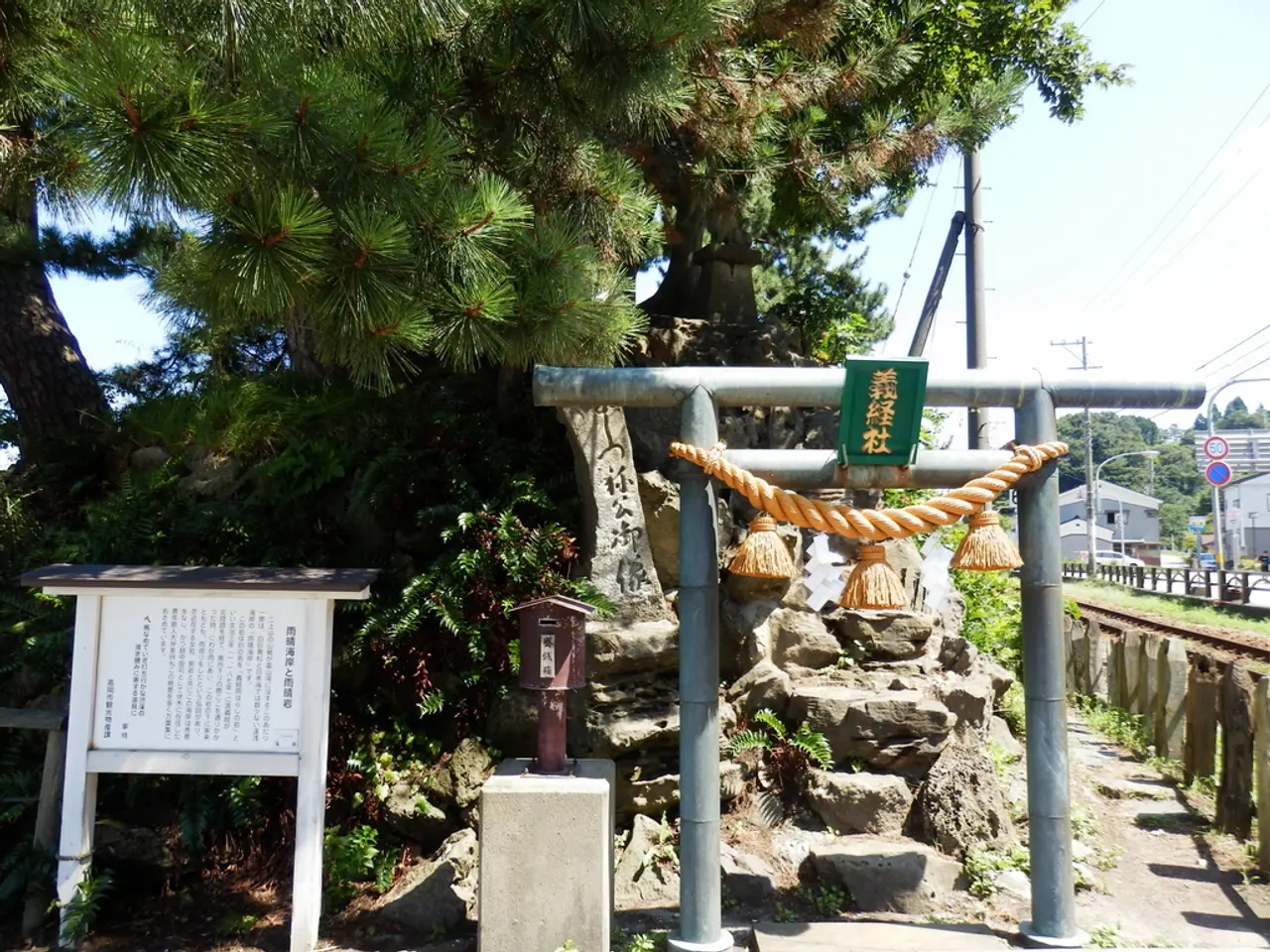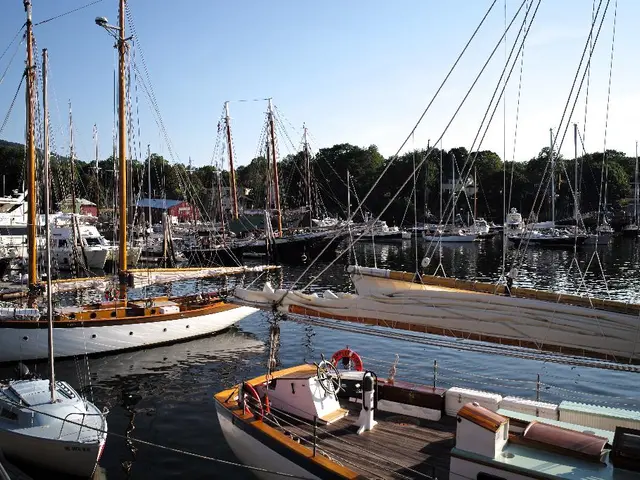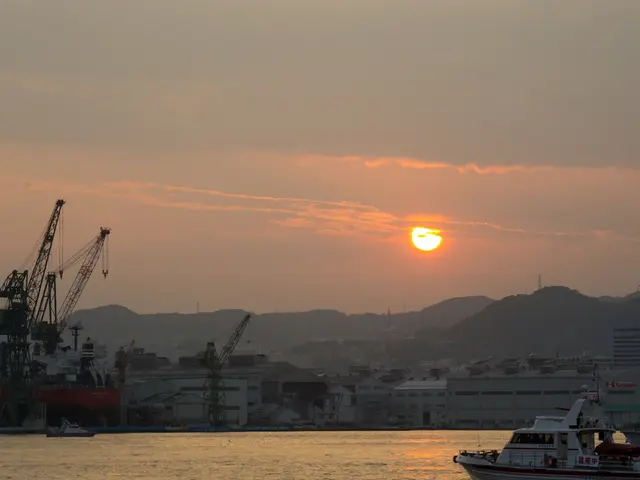Challenging China's Control over Rare Earth Elements Market
The Strange Lake rare earths deposit, located in Quebec, Canada, is making headlines as a significant project in the global effort to diversify rare earth sources beyond China's dominant control. Owned and operated by a Canadian company, this resource is poised to respond to global demand and supply risks linked to China.
History and Ownership
The Strange Lake deposit, discovered in the 1980s, has been under development for several years by Canadian mining interests. It stands as one of the few substantial rare earth projects in North America, alongside others such as Nechalacho in the Northwest Territories. Canadian companies view Strange Lake as a critical project to reduce reliance on Chinese rare earths and leverage local resource potential.
Strategic Importance Outside of China
China currently controls over 85% of global rare earth processing capacity, imposing strict production quotas and export restrictions that make non-Chinese sources strategically vital. The strategic significance of Strange Lake lies in its potential to become a stable rare earth supply outside China’s geographic and political control.
Canada’s rare earth projects, including Strange Lake, form part of a broader global initiative to diversify supply chains in technology-critical rare earth elements essential for electronics, defense, and green technologies such as EV batteries and wind turbines. The project thus contributes to global attempts to mitigate the risks posed by China’s near-monopoly and its use of rare earth export controls as geopolitical leverage.
Context of China’s Market Dominance
China’s rare earth strategy, developed since the 1980s, consolidated global production and processing into state-controlled entities, enabling export restrictions and supply chain control since the 2010s. The sensitivity of rare earths as strategic materials drives countries like Canada to develop projects like Strange Lake to secure domestic and allied supply chains for these crucial minerals.
Métaux Torngat: The Project's Future
Métaux Torngat, a Canadian company, is spearheading the launch of open-pit mining activities for rare earths in Northern Quebec. The company plans to erect an 8 million square foot metal refining plant in Sept-Îles and develop the Strange Lake mining camp, installing a concentrator before building a road to transport rare earth concentrates to the port of Voisey's Bay, Labrador.
The project aims to build a 165-kilometer road to reach the coast of Labrador, potentially making Quebec the only source of production of heavy and light rare earths outside of China, breaking a monopoly that has existed for too long. The project requires $2 billion in funding, with Yves Leduc, the CEO of Métaux Torngat, conducting a preliminary funding round with Quebec and Canadian investors, aiming to raise CAD 110 million by October.
Environmental Considerations
The Strange Lake project is currently in the environmental studies phase, with the results to be submitted to the Bureau d'audiences publiques sur l'environnement (BAPE) next year. Métaux Torngat has received CAD 165 million in financing from the EDC and Canada Infrastructure Bank, marking the first time such funding has been granted for a project of this kind.
The Future of Rare Earths
Dysprosium, derived from heavy rare earths, is essential for the manufacture of armaments and military equipment, and the U.S. military does not want to depend on China for its needs. Currently, dysprosium is selling for $453,000 USD per ton, and terbium, another heavy rare earth, is selling for nearly $2 million USD. Subsequently, these concentrates will be shipped by boat to Sept-Îles, where they will be refined in the plant to be constructed at Pointe-Noire on land owned by the Sept-Îles port.
In summary, the Strange Lake rare earth deposit is a Canadian-owned project with growing strategic importance as one of the few viable major rare earth sources outside China, aimed at countering China’s dominant control over rare earth mining, processing, and export markets. The project's progress and potential impact on the global rare earth market are closely watched by industry players and governments alike.
Read also:
- Controversial weather manipulation concept gains increased plausibility in latest research findings
- Thousands of individuals experienced internet outage due to Elon Musk's Starlinksatellite service disruption.
- Exploring Proposed Habitats Constructed from Potato Starch in the Future
- Blockchain project BTQ reveals Léonne, their solution to the lonstanding challenge of balancing scalability, security, and decentralization within the blockchain ecosystem.








